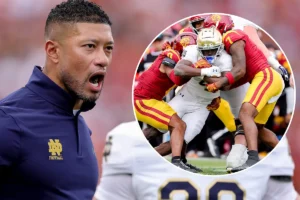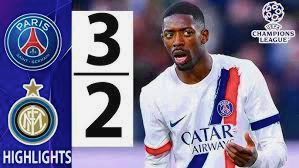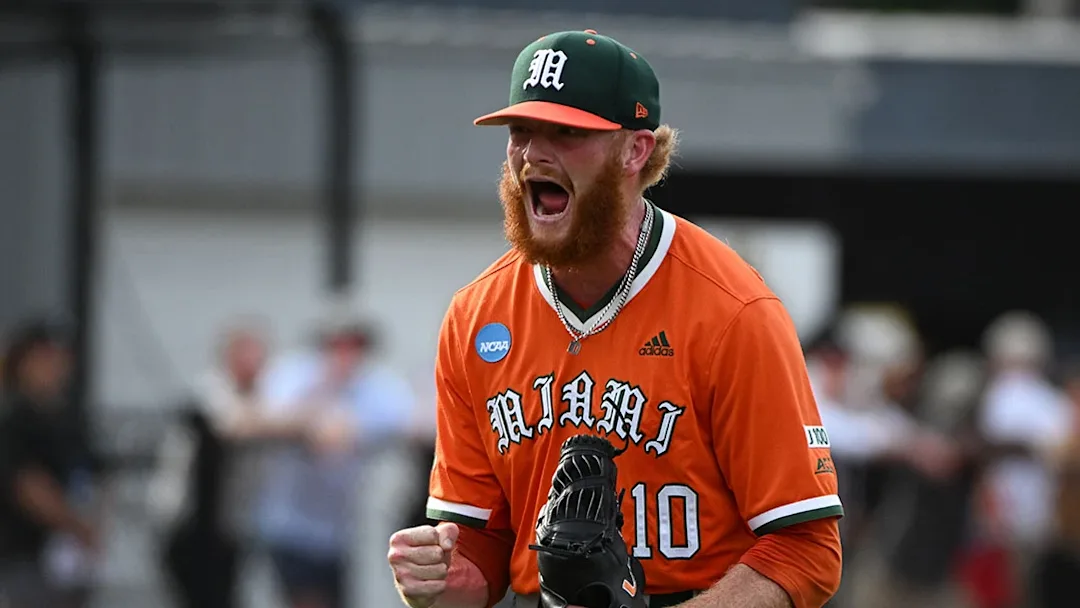Marcus Freeman wants Notre Dame-USC rivalry to last forever: “It don’t matter when we play ’em”
The Notre Dame–USC football rivalry stands as one of the most storied and intense matchups in college football history. Rooted in tradition and brimming with passion, this annual clash has captivated fans for nearly a century. However, recent developments have cast uncertainty over its future. Notre Dame’s head coach, Marcus Freeman, has been a vocal advocate for preserving this iconic rivalry, emphasizing that the timing of the game should not overshadow its significance.
The origins of the Notre Dame–USC football rivalry trace back to 1926, when the two teams first faced each other on the gridiron. Over the decades, the matchup has evolved into a symbol of college football excellence, featuring numerous Heisman Trophy winners, All-Americans, and future NFL Hall of Famers. The game is traditionally played on the Saturday following Thanksgiving when held in Los Angeles, and on the second or third Saturday of October when hosted in South Bend, Indiana. The rivalry is further distinguished by the Jeweled Shillelagh trophy, introduced in 1952, which is awarded to the winner each year. This trophy, an Irish club made of oak or blackthorn saplings from Ireland, symbolizes the high tradition, keen rivalry, and mutual respect between the two universities.
Throughout its history, the rivalry has been marked by memorable games, dramatic finishes, and periods of dominance by both teams. Notably, Notre Dame leads the all-time series with 51 wins to USC’s 37, with 5 ties. The most lopsided victory occurred in 1966, when Notre Dame defeated USC 51–0, marking the worst defeat in the Trojans’ history.
Since taking over as head coach of Notre Dame, Marcus Freeman has consistently emphasized the importance of tradition and rivalry in college football. His sentiments were clearly expressed when he stated, “It don’t matter when we play ’em,” referring to the USC matchup. Freeman’s comment underscores his belief that the timing of the game should not be a factor in its continuation. He advocates for the rivalry to be played every year, regardless of scheduling challenges or logistical considerations.
Freeman’s stance is rooted in a deep appreciation for the history and significance of the Notre Dame–USC game. He recognizes that this rivalry is more than just a football game; it is a celebration of the rich traditions of both institutions and a testament to the enduring spirit of college football.

Despite Freeman’s advocacy, the future of the Notre Dame–USC rivalry faces potential challenges. Reports have surfaced suggesting that USC may be seeking concessions from Notre Dame to maintain the annual matchup. Proposed changes include altering the game’s timing, such as making it a season opener, playing at a neutral site, or reducing the frequency of the game to three out of every five years. These proposals have raised concerns among Notre Dame fans and alumni, who view such changes as threats to the tradition and integrity of the rivalry. One Foot Down
The possibility of these changes has sparked debates within the college football community. Some argue that adapting the game’s schedule could help accommodate modern conference alignments and playoff considerations. Others, however, believe that altering the traditional format would diminish the game’s historical value and the unique atmosphere it creates each season.
Preserving the Notre Dame–USC rivalry is essential for maintaining the rich tapestry of college football traditions. This matchup not only showcases elite athletic talent but also embodies the passion, pride, and pageantry that define the sport. The game’s history is interwoven with significant moments that have left an indelible mark on the college football landscape.
Moreover, the rivalry serves as a bridge between two prestigious academic institutions, fostering a sense of community and shared history among their students, alumni, and fans. It provides a platform for showcasing the values of sportsmanship, competition, and respect, which are fundamental to the collegiate athletic experience.
In conclusion, Marcus Freeman’s unwavering support for the Notre Dame–USC rivalry reflects a commitment to preserving a cornerstone of college football tradition. His belief that “It don’t matter when we play ’em” emphasizes the importance of the game’s continuity and the enduring legacy it represents. As discussions continue about the future of this iconic matchup, it is crucial to consider the broader implications of altering its format and to strive for solutions that honor the history and significance of the Notre Dame–USC rivalry.

